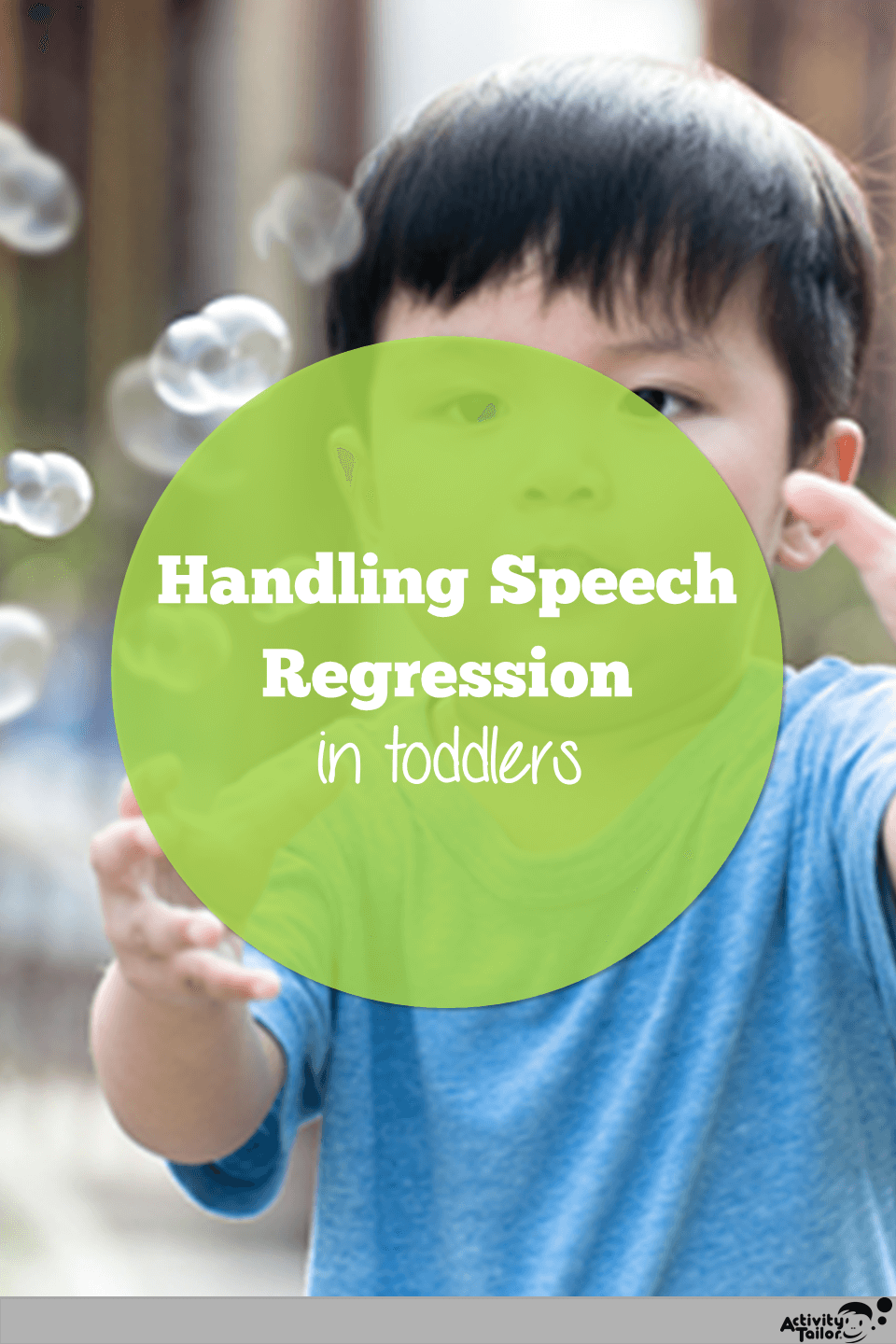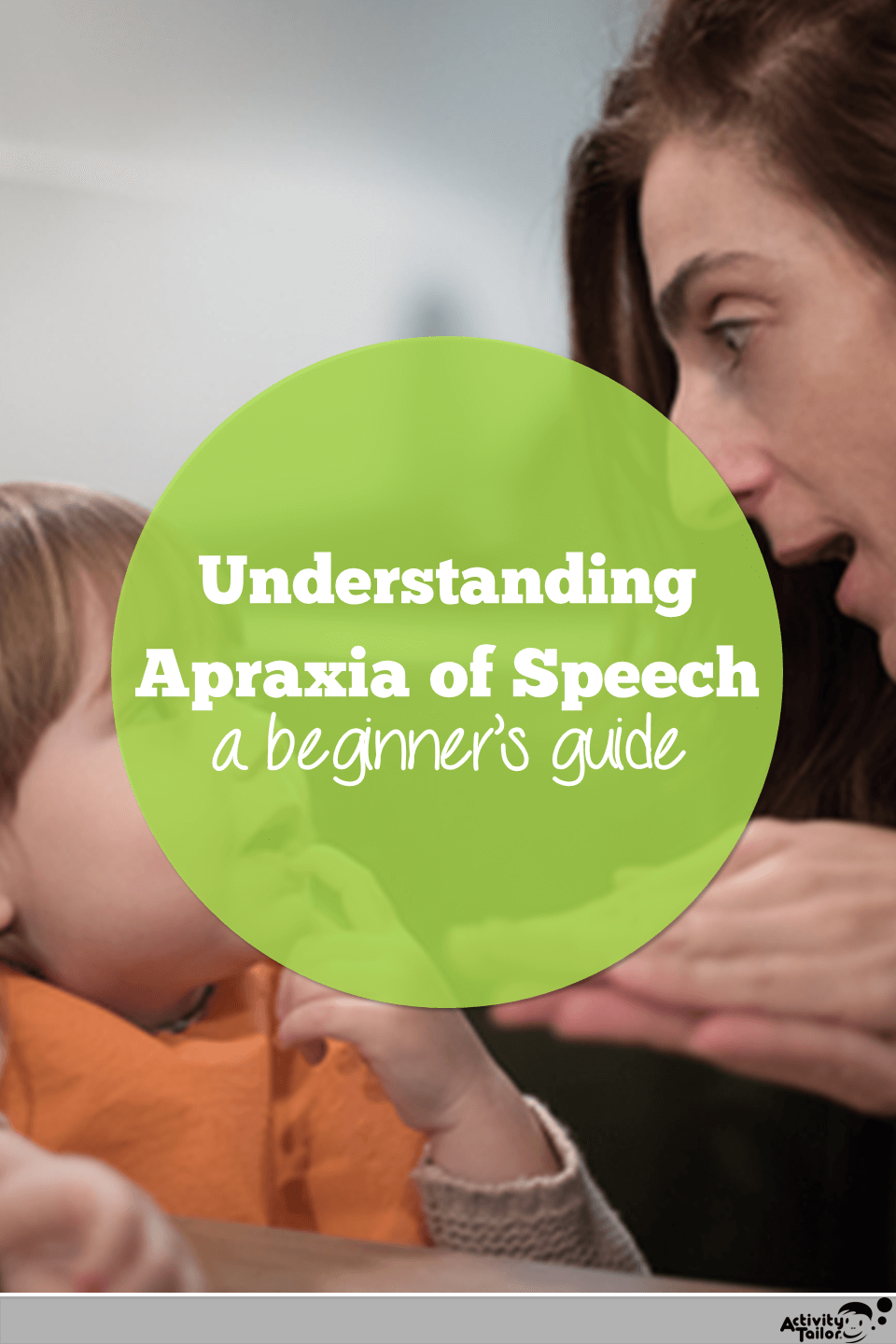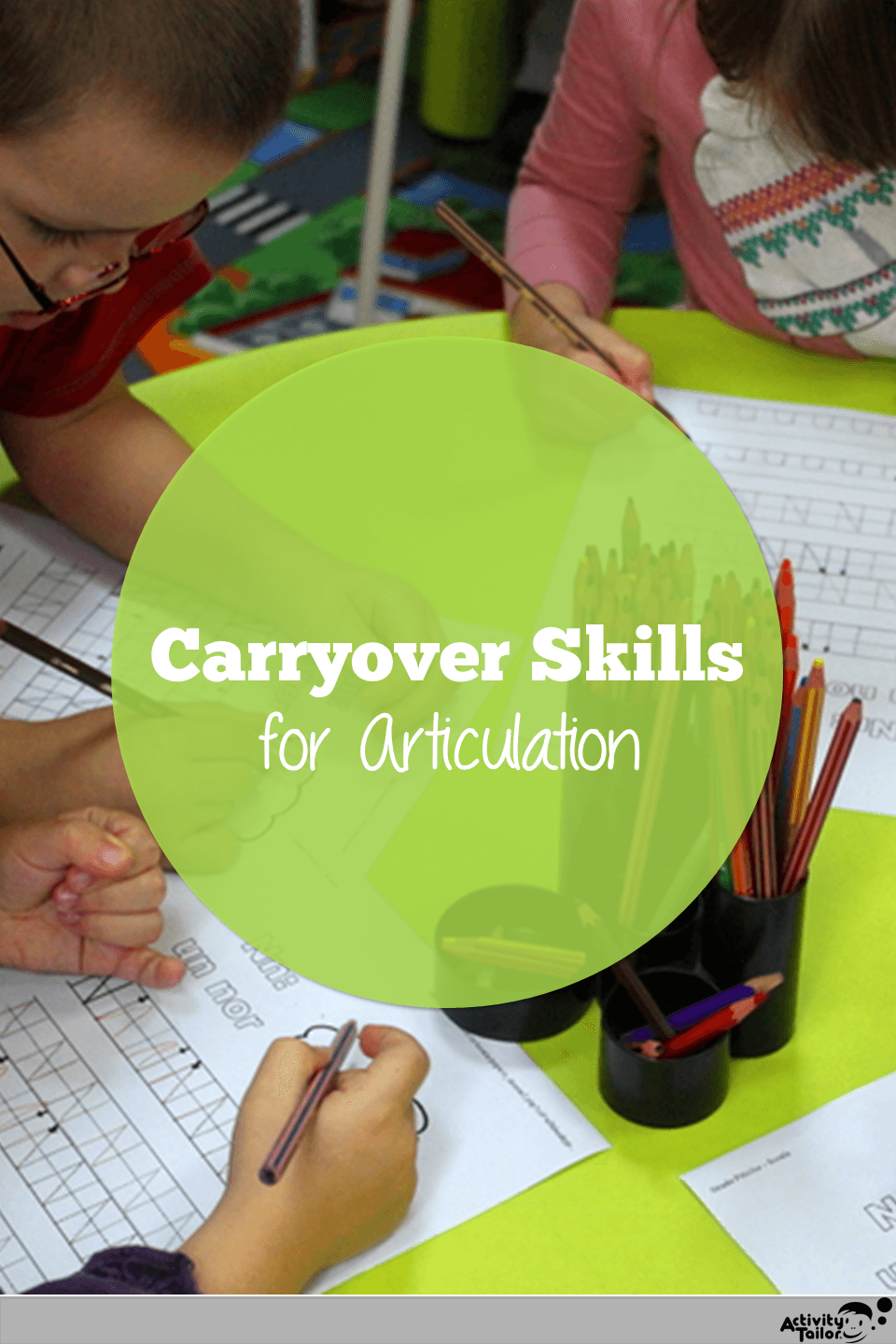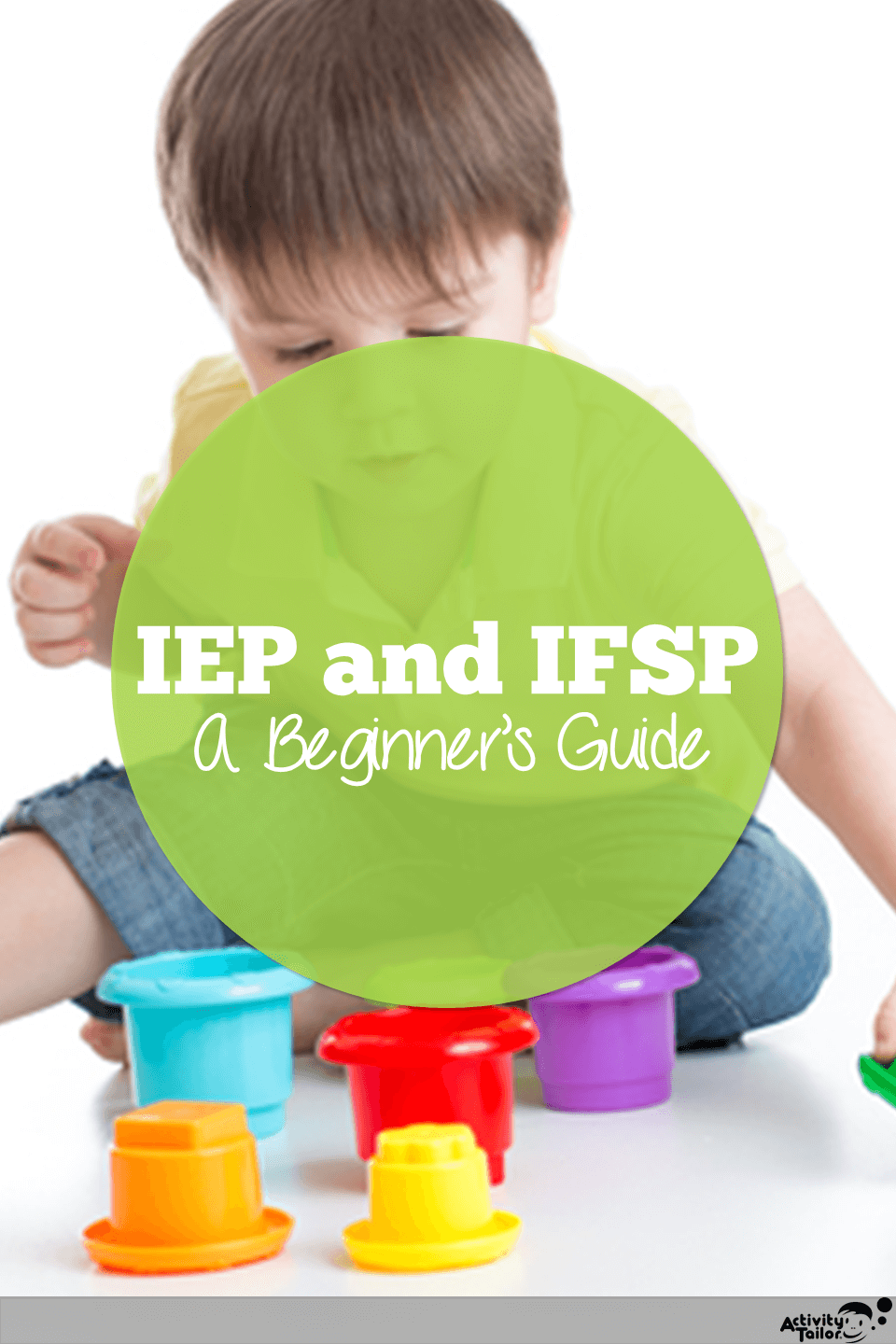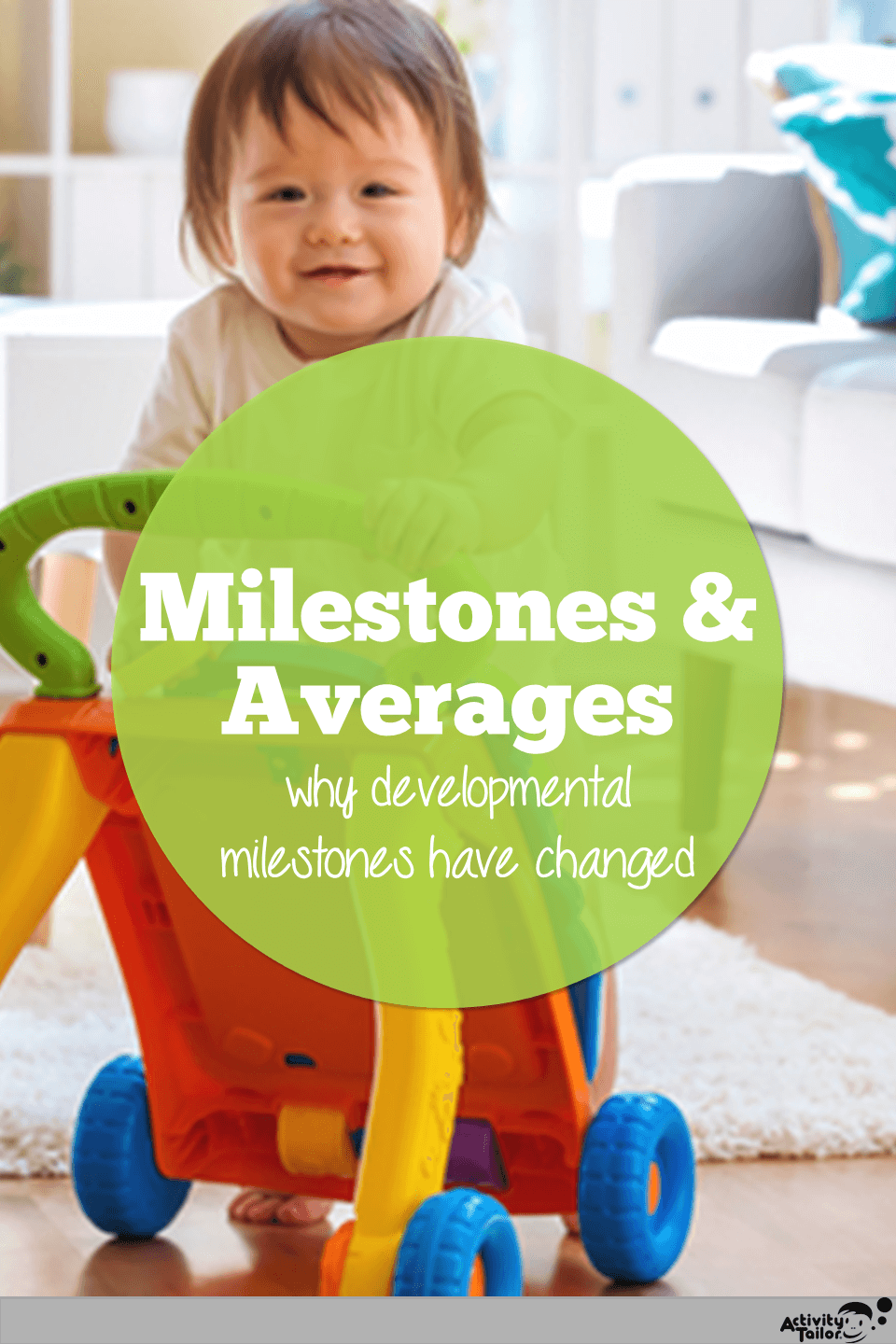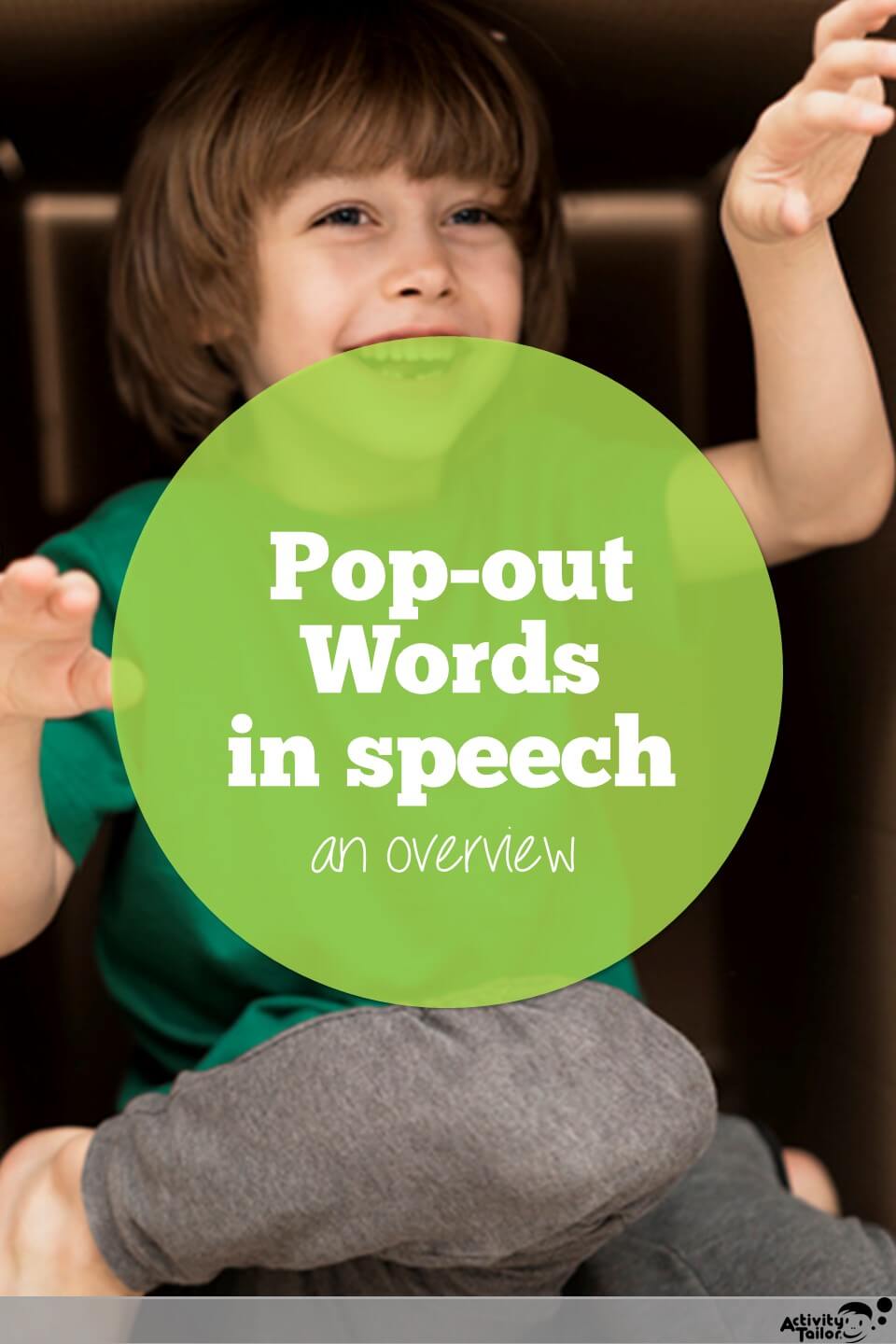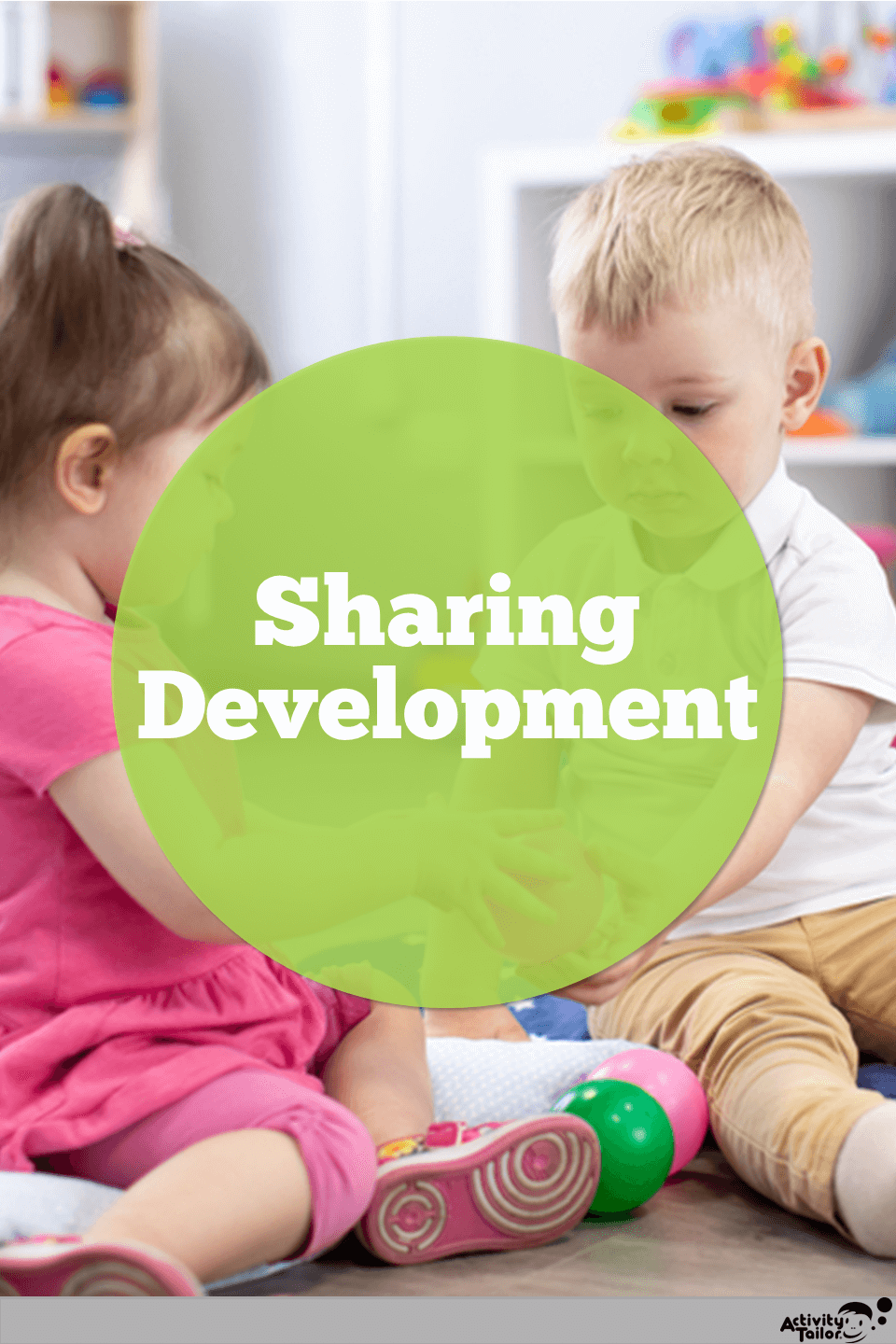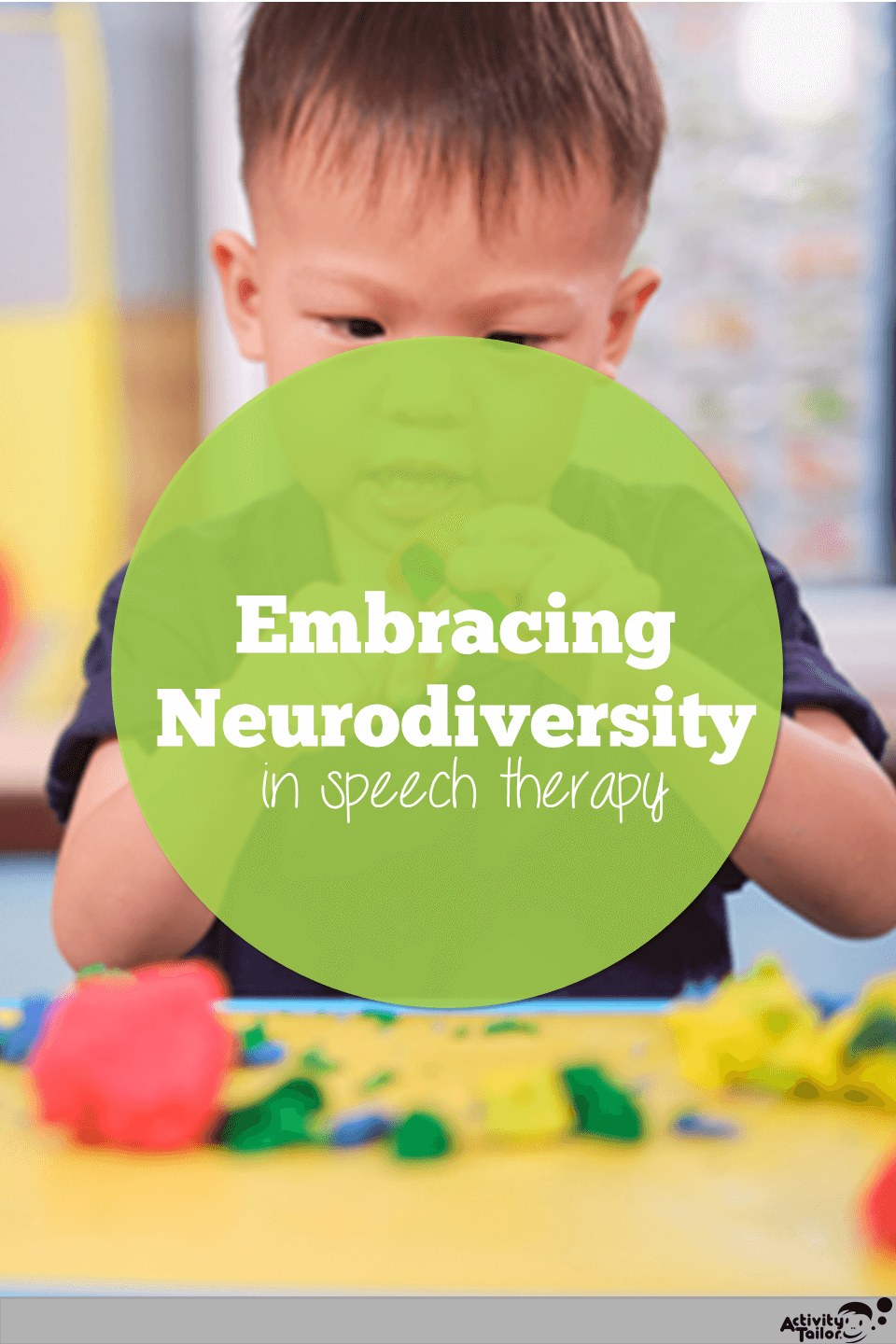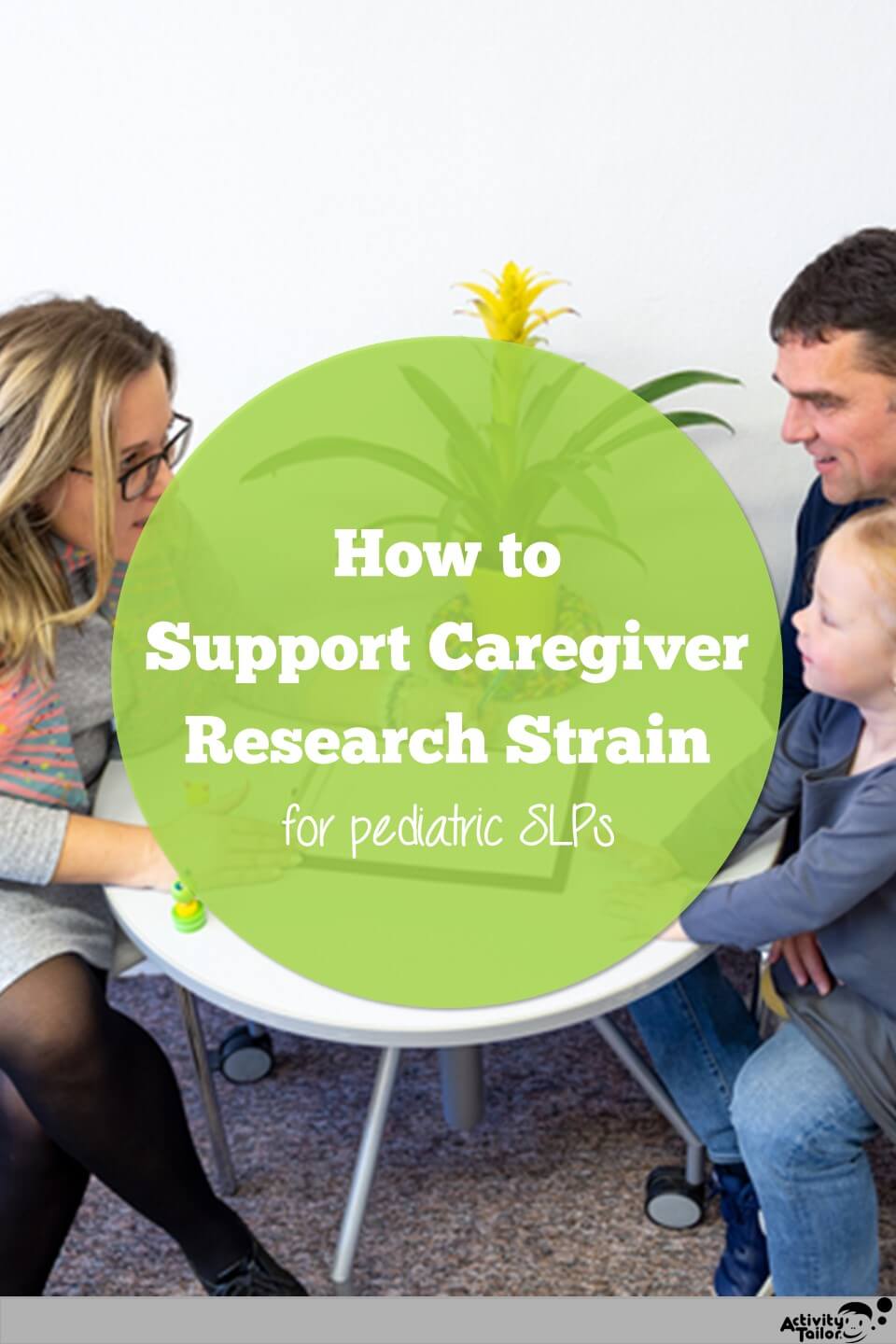
How to Support Caregivers with Research Strain
Research strain is a common issue for caregivers navigating a new diagnosis or when they’ve recently become aware of a developmental delay. If you’re an early intervention or preschool speech-language pathologist, recognizing this common issue and learning how to support caregivers with research strain will result in a more successful therapy experience. Researching the causes of developmental delays It’s a natural response for caregivers to search for a cause of a developmental delay or diagnosis especially if the family feels surprised by the information. It’s a way to try and regain some control over a situation that may feel overwhelming

